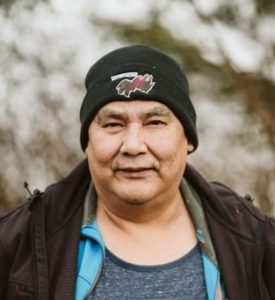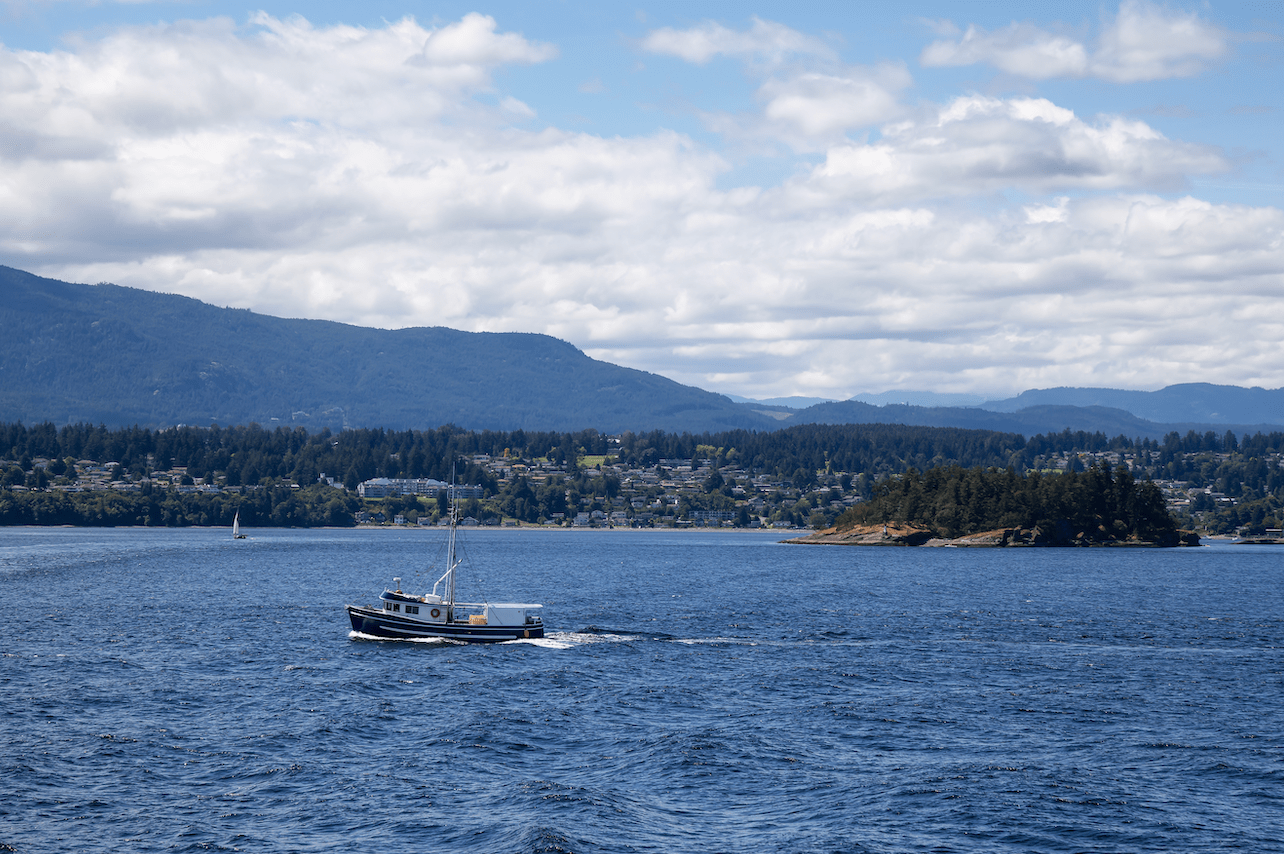
Chief Terry Walkus of Gwa’sala-’Nakwaxda’xw Nations
PORT HARDY – The governments of Gwa’sala-’Nakwaxda’xw, Canada and British Columbia have signed a new agreement that will further advance reconciliation and treaty negotiations.
Today, Gwa’sala-’Nakwaxda’xw Nation Leaders, Hereditary Chiefs; the Honourable Marc Miller, federal Minister of Crown–Indigenous Relations; and Michele Babchuk, Member of the Legislative Assembly for North Island, on behalf of the Honourable Murray Rankin, provincial Minister of Indigenous Relations and Reconciliation, signed the Gwa’sala-’Nakwaxda’xw Nations Transition to Stage 5 Memorandum of Understanding.
“Treaties are a critically important pathway to meaningful reconciliation. Through strong relationship building, the Gwa’sala-’Nakwaxda’xw Nations, Canada and the Province of BC are demonstrating how together, we can support strong, healthy and thriving Indigenous communities. This important MOU will benefit the Gwa’sala-’Nakwaxda’xw people today and for generations to come,” Michele Babchuk, Member of the Legislative Assembly for North Island
The Memorandum of Understanding marks the next and final stage (Stage 5) of treaty negotiations. This will support the Gwa’sala-’Nakwaxda’xw Nations’ right to self-determination and define a new relationship between Gwa’sala-’Nakwaxda’xw Nations, Canada and British Columbia by enabling next steps in the BC Treaty Process.
The Memorandum of Understanding commits the parties to establish a new approach to their treaty negotiations, which will be guided and informed by the Recognition and Reconciliation of Rights Policy for Treaty Negotiations in British Columbia, which was collaboratively developed and released by the Government of Canada, the Province of BC and the First Nations Summit in 2019.
This new approach to negotiations ensures agreements align with the United Nations Declaration on the Rights of Indigenous Peoples and British Columbia’s Declaration on the Rights of Indigenous Peoples Act. The approach will allow for the recognition and continuation of rights without those rights being modified, surrendered, or extinguished when a treaty is signed, and for the design of a treaty that is flexible and able to adapt to changing circumstances over time.
“Our Nations worked hard because we lost so much after relocation away from our Homelands. We did not have much after we arrived, not even running water. For so many years, we struggled for basic needs to survive. We had to fight for a few houses, fight to get our kids back after the Ministry of Children and Family Development took them. Fight for our school. Our people were down.
The Treaty and work on this Memorandum of Understanding have helped us focus on rebuilding as strong nations once more, with a thriving culture, education, economic development, and better health and well-being of our peoples. On our path to self-determination together in the spirit of reconciliation, working with the two levels of government, and greater flexibility of mandate, we will address and regain what was lost,” said Chief Terry Walkus of Gwa’sala-’Nakwaxda’xw Nations.
As the parties prepare to enter into Stage 5 of negotiations, they recognize that there remains much work to do and many decisions to be made before the treaty process is complete. Today’s Memorandum of Understanding marks a significant step towards reconciliation and resolution and recognizes the hard work and dedication of those involved on behalf of Gwa’sala-’Nakwaxda’xw, Canada and British Columbia in reaching this significant milestone.
The Gwa’sala-’Nakwaxda’xw Nations has approximately 1,057 members and 26 remote reserves.

